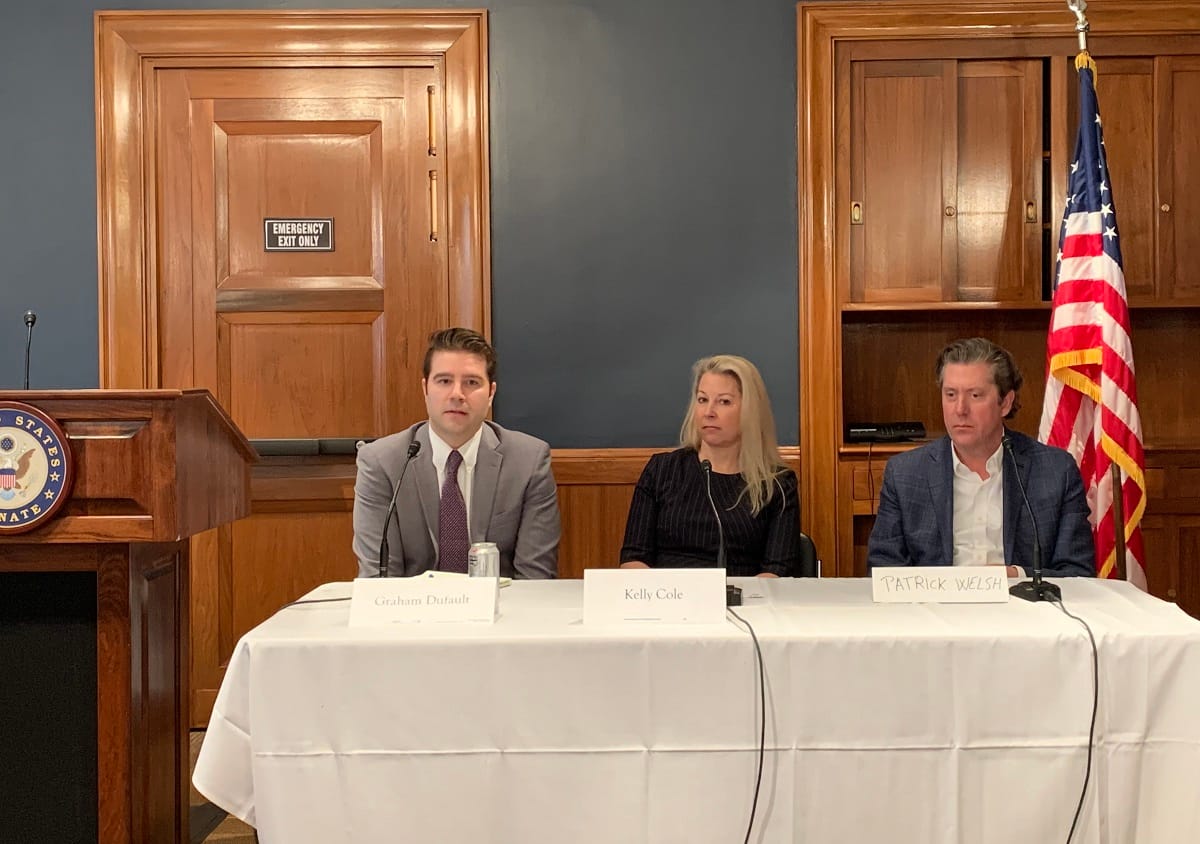America is Either ‘In Very Good Shape’ or Has ‘Big Catch-Up’ in 5G Race with China
WASHINGTON, February 26, 2020 – Depending on who you asked in the Dirksen Senate Building, America is either “in very good shape” or has “a big catch-up to do” in the so-called 5G race against China. Speaking at an event hosted by the American Consumer Institute, speakers also had different thoughts










Member discussion